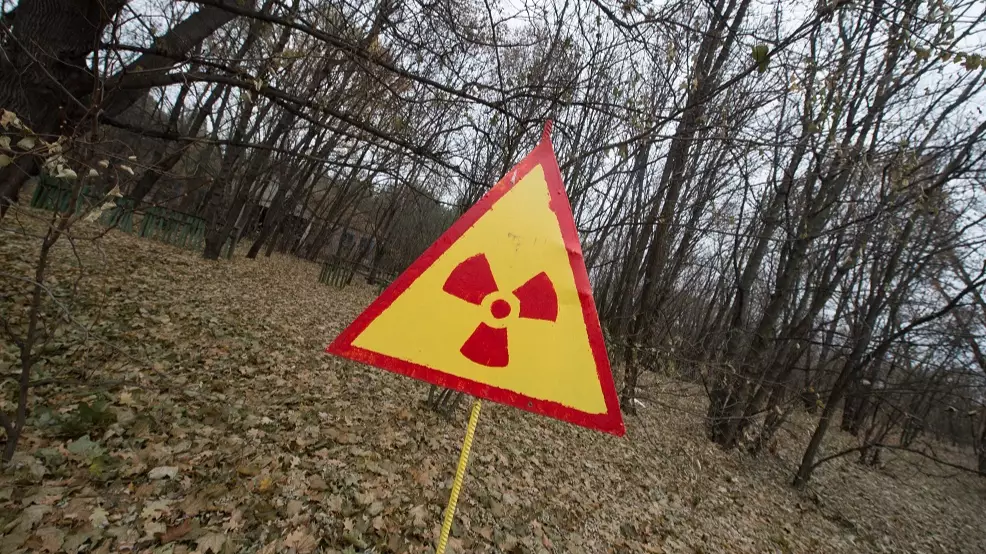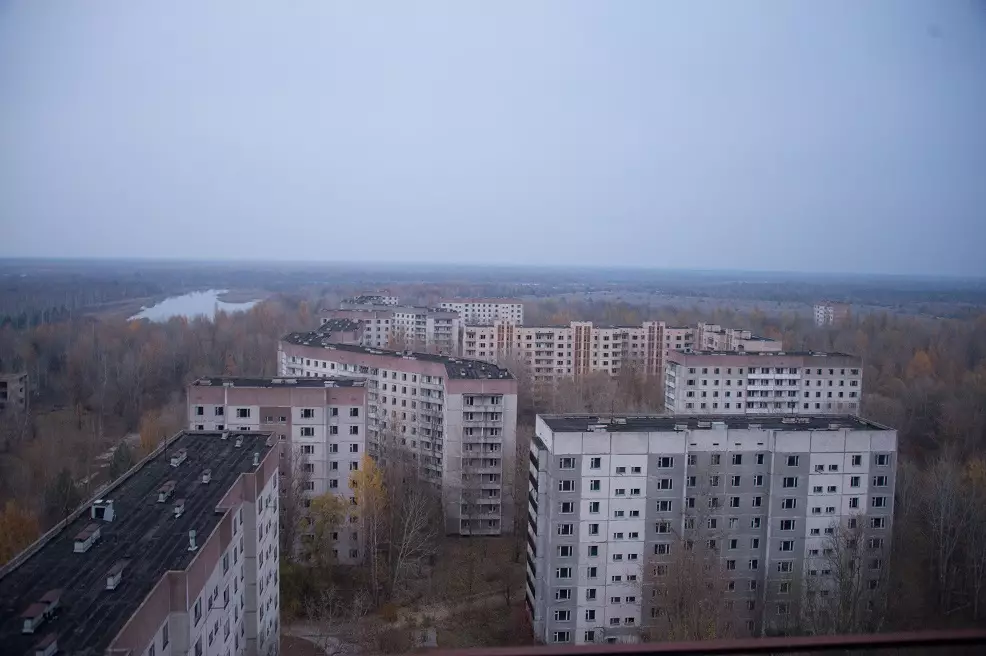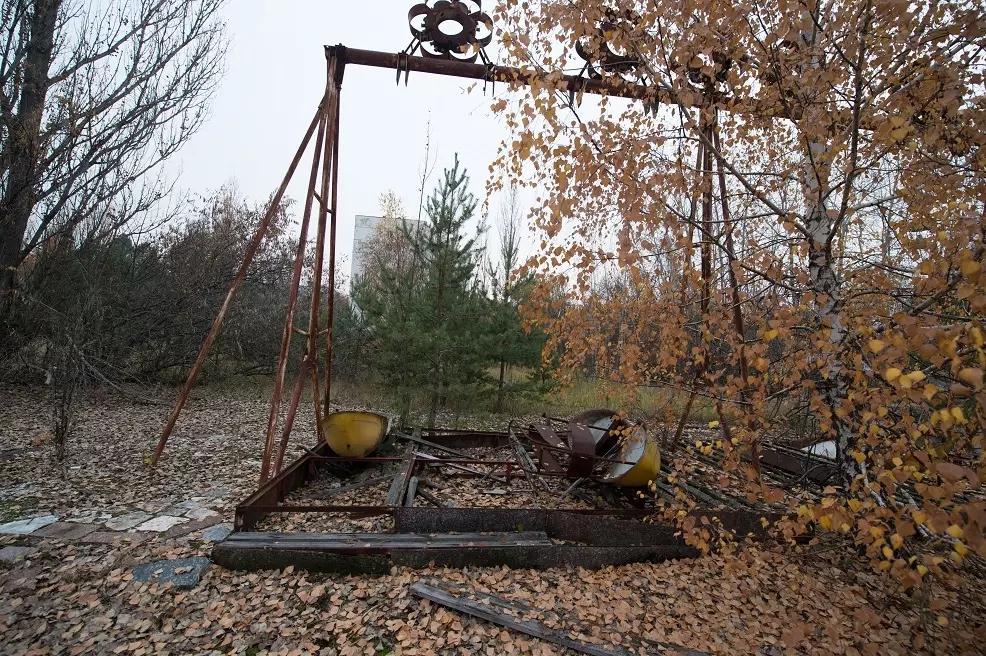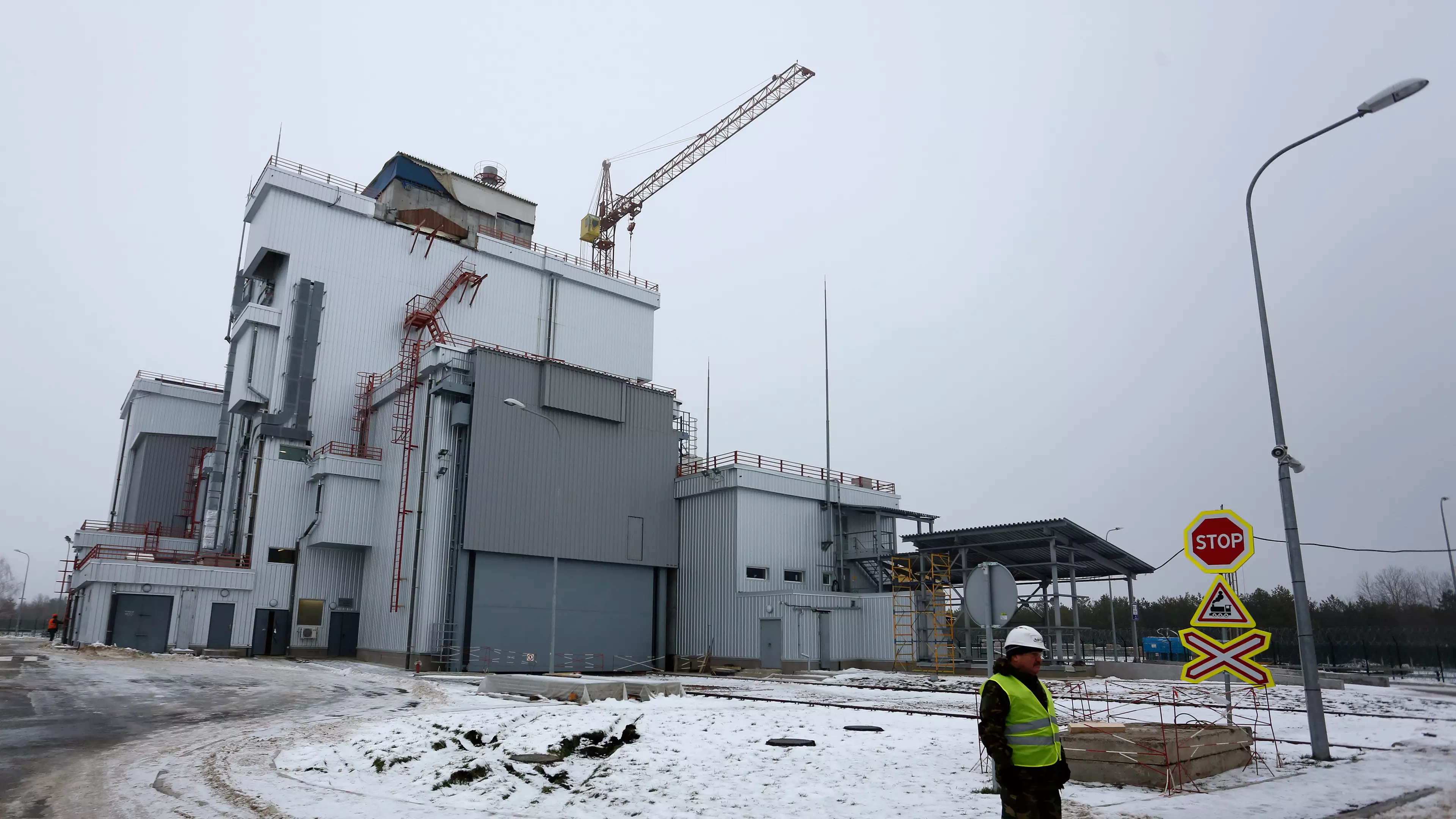
Chernobyl and Fukishima became ghost towns in the wake of some pretty horrific events involving nuclear power stations. While the former, in Japan, which was triggered by an earthquake and tsunami, was no doubt a significant event, the Ukrainian disaster still holds the record for the worst nuclear accident in history.
When these horrific incidents happened, people in the surrounding area were told to evacuate for their safety and many haven't returned. Some had to move because they would have been directly affected by the immediate radiation - and that decision to leave was obviously a sound one.
Advert
But according to a new study, there'd have been little difference health-wise between staying and moving to London.
In the case of Chernobyl, there were two massive relocations organised by authorities (one in 1986 and another in 1990), where roughly 335,000 people had to pack up their things and move somewhere else. However researchers have found that the vast majority of those people wouldn't have suffered dramatic health consequences had they stayed.

The empty city of Pripyat in the Chernobyl Exclusion Zone. Credit: PA

Credit: PA
A multi-university study says that 900 people who were at the greatest risk of radiation in the second relocation in 1990 would have only lost three months of their life had they remained where they were.
To put that into perspective, the same study suggests the average Londoner loses four and a half months of their life due to the city's air pollution.
The authors of the paper are hoping the findings will help people understand that either in the lead-up to or in the wake of a nuclear disaster, relocating huge numbers of people isn't always the best option.
The University of Bristol's Philip Thomas says: "Mass relocation is expensive and disruptive. But it is in danger of becoming established as the prime policy choice after a big nuclear accident. It should not be. Remediation should be the watchword for the decision maker, not relocation."

Chernobyl Nuclear Power Plant. Credit: PA
There is still a 30-kilometre exclusion zone around the Chernobyl Nuclear Power Plant, and is officially called the 'zone of alienation'. About 300 people live there despite recommendations against it, with Ukrainian officials saying it could be 20,000 years before the area is safe for humans again.
Owing to the near-complete lack of humanity in the area, wildlife has flourished.
Advert
No, they're not all sporting extra legs or eyes as a result of the nuclear radiation, but because there has been no competition with humans. But they're living proof that while people might need to be evacuated when a disaster unfolds, living there once the proverbial dust has settled is no more harmful than in London.
Sources: The University of Bristol
Topics: nuclear, Study, World News, UK News, Research, Interesting, Chernobyl, London